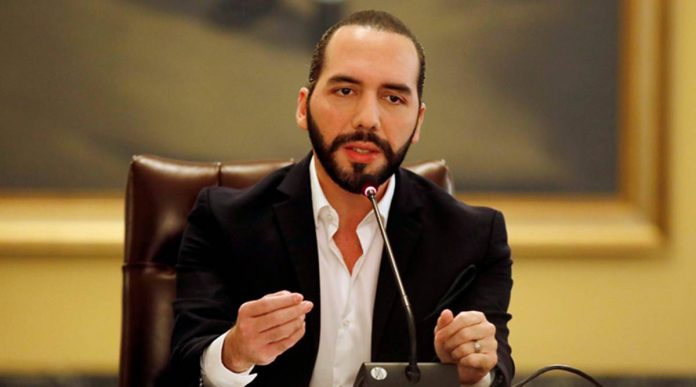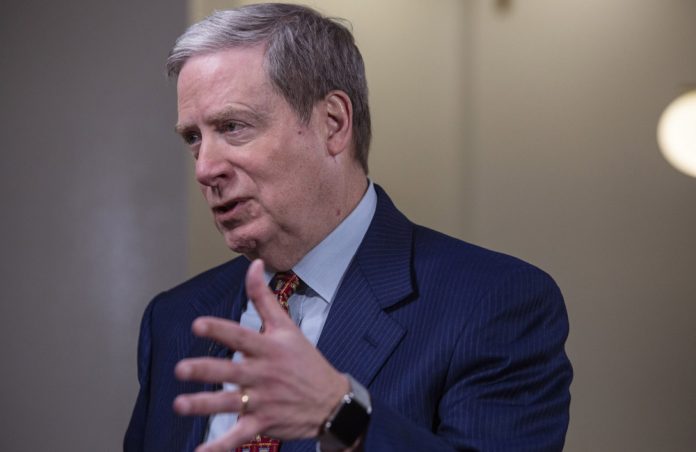El Salvador’s president has some advice for bitcoin investors. He believes that investing in the world’s largest cryptocurrency is risk-free and that it will “immensely grow” following the bear market.
El Salvador’s president, Nayib Bukele, has spoken out about bitcoin investments in the wake of the cryptocurrency’s steep decline.
Since September last year, when Bitcoin became legal tender alongside the US dollar, El Salvador has purchased 2,301 bitcoins. El Salvador’s bitcoin investment has reportedly lost 50% of its value, or more than $50 million, as the price of bitcoin has plummeted.
“I see that some people are worried or anxious about the bitcoin market price,” Bukele tweeted Saturday, elaborating:
My advice: stop looking at the graph and enjoy life. If you invested in BTC, your investment is safe and its value will immensely grow after the bear market. Patience is the key.
Many people have voiced concerns about El Salvador’s fiscal health due to a large bitcoin position on the country’s balance sheet.
The Salvadoran finance minister, Alejandro Zelaya, dismissed concerns last week, stating that the “fiscal risk is extremely minimal.” He added: “When they tell me that the fiscal risk for El Salvador because of bitcoin is really high, the only thing I can do is smile.”
Early this weekend, Bitcoin fell to a level not seen since 2020. At the time of writing, BTC was trading at $20,141, up 12% in the last 24 hours and 33% in the last seven days.
Some people, such as bitcoin bull Michael Saylor and Skybridge Capital founder Anthony Scaramucci, share Bukeke’s optimism.
Others, on the other hand, are pessimistic about bitcoin’s future. BTC is expected to fall to $12K, according to Mad Money host Jim Cramer. Jeffrey Gundlach of Doubleline Capital said he wouldn’t be surprised if bitcoin fell to $10,000. Robert Kiyosaki, author of Rich Dad, Poor Dad, predicted that bitcoin would bottom out at $9,000. Bitcoin, according to Guggenheim CIO Scott Minerd, could fall to $8,000.









